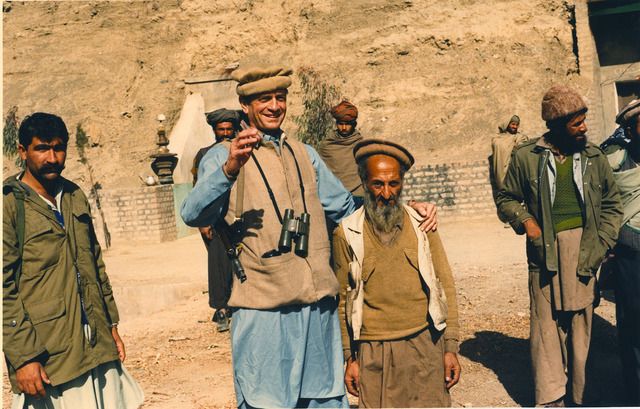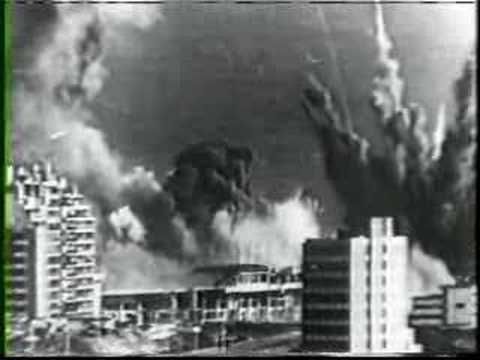Hmm, I guess the "Domino Theory" of containing communism might be considered a successful intervention. We could discuss the disagreement over whether we absolutely needed to defend autocratic tyrannies like South Vietnam. Still, containing communism didn't generate the sort of wild unforeseen consequences that recent Third World interventions feature.
I'd propose one difference is that both sides in the cold war pushed for some degree of control over their puppet states. If one side or the other lost a proxy action, the other would generally be in position to move in and not do too much harm.
That might have stopped with the US stepping in to make trouble for the Soviets in Afghanistan. Giving the insurgents a leg up, forcing the Soviets out while not stepping in to establish a stable acceptable government might be seen with hindsight to be problematic. We might have been fighting our own conflict for our own reasons with absolutely no regard for the consequences to the locals.
Is it worth pushing those points with regard to recent Third World attempts at intervention?
- Arming local insurgents can come back to bite one.
- Should one fight proxy wars to block another major power if one isn't ready to follow up and stabilize the result?
I've also frequently used the phrase, 'force culture change at gunpoint.' If arming insurgents without anticipating or attempting to control the consequences can easily turn problematic, putting enough boots on the ground to change a culture into anything-but-failed-state isn't easy either.
Not an easy problem, but that's what crises are for. You have to trial and error figure out how to solve a difficult problem.
I think a core problem here is that many decades of colonial imperialism has soured much of the Third World on Western Values. To a great extent in the Middle East our underlying policy has been 'get the cheap oil and (expletive deleted) the locals. They have seen this first hand and know it full well. This being the case, they aren't apt to turn to Democracy and Human rights as a solution. As far as they are concerned, the West is the problem, not the solution. Marx's perspective has treated them no better. Thus, if they have been so consistently burned by modern values, where do they have to turn but backwards to Agricultural Age patterns? What choices have they got outside of militant Islam?
I don't know that the question is 'can intervention work'. The Cold War was very different from the recent Middle Eastern situations. What applies to one style of conflict might not be expected to work in an entirely different situation. I think it safe to say, though, that we aren't good at stabilizing Middle Eastern cultures. I wouldn't step way back and look in abstract on the question of intervention. I would look very hard at how our recent interventions have turned sour, and look even harder at the next intervention we might consider. Look at the details and specifics.



